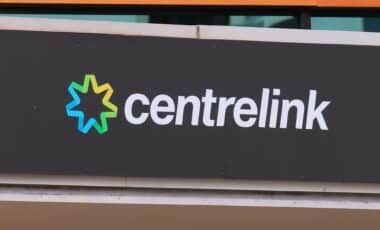The Australian government is pushing ahead with proposed changes to superannuation tax policy, aimed at addressing growing fiscal pressures and perceived intergenerational inequities. The debate surrounding these reforms centres on their impact on wealth distribution and tax fairness, as well as their political and economic implications.
Following the recent federal election, attention has turned sharply towards tax reform, with superannuation tax changes among the most contentious.
The government’s proposal to increase the tax rate on super fund earnings over $3 million has sparked considerable discussion, highlighting the challenges of balancing budget sustainability with equitable taxation.
Political Context and Challenges of Superannuation Tax Reform
Tax reform is an enduring issue in Australian politics, especially when it comes to the superannuation system, which has long been criticised for favouring older Australians.
According to an ANU study cited in public discourse, Australians aged over 60 enjoy post-tax incomes comparable to mid-career workers, partly due to preferential tax breaks and welfare transfers introduced during the Howard and Costello era.
These policies were originally designed during a period of significant resource wealth, and their relevance today is under question.
The government’s attempt to double the tax rate on earnings above $3 million within super funds was announced two years ago. Treasurer Jim Chalmers and assistant minister Stephen Jones framed the reform as a modest change affecting less than 0.5% of Australians, aiming to make the superannuation system more sustainable and fair.
However, the policy has met resistance, notably regarding its application to unrealised capital gains on assets such as farms, businesses, and shares in self-managed super funds. The inclusion of unrealised gains represents a significant departure from traditional Australian tax principles, which typically do not tax gains until they are realised.
Parliamentary support has shifted with the Greens now holding the balance of power in the Senate, increasing the likelihood of the measure’s passage. Despite this, public debate remains limited, primarily occurring within financial media rather than mainstream discourse, and opposition from across the political spectrum continues to complicate the reform’s progress.
Fiscal Implications and the Need for Transparent Advocacy
The government anticipates that the super tax reform will raise approximately $2 billion in additional revenue by 2025-26, helping to address the nation’s growing debt and spending pressures in sectors such as defence, healthcare, and aged care. The policy is positioned as a responsible budget choice, redistributing tax benefits more equitably.
Nonetheless, the absence of indexing for the $3 million threshold raises concerns about the policy’s long-term fairness. Without adjustment for inflation or asset growth, more Australians could be subject to the higher tax rate over time, potentially expanding its impact beyond the originally targeted group.
Treasurer Chalmers has acknowledged the controversy and political opposition surrounding the changes, emphasising the need for clear communication and advocacy.
The success of these reforms will depend on the government’s ability to effectively explain their rationale and address concerns over taxing unrealised gains, which challenge established tax conventions.
The evolving parliamentary landscape offers opportunities for more reasoned policy discussion, particularly with crossbenchers who may support measured reform. For the government, effective advocacy and transparent dialogue will be essential to navigate the complex intersection of fiscal responsibility and social equity.









